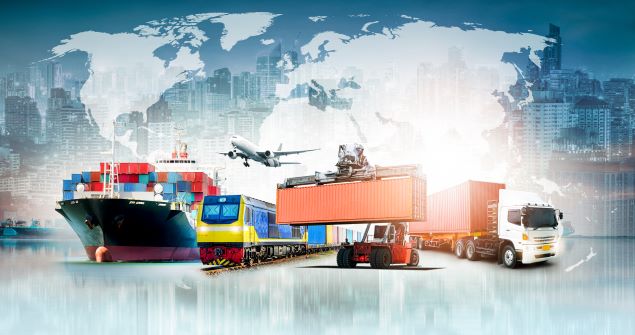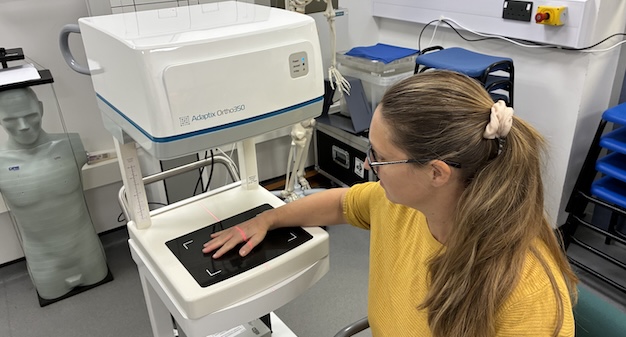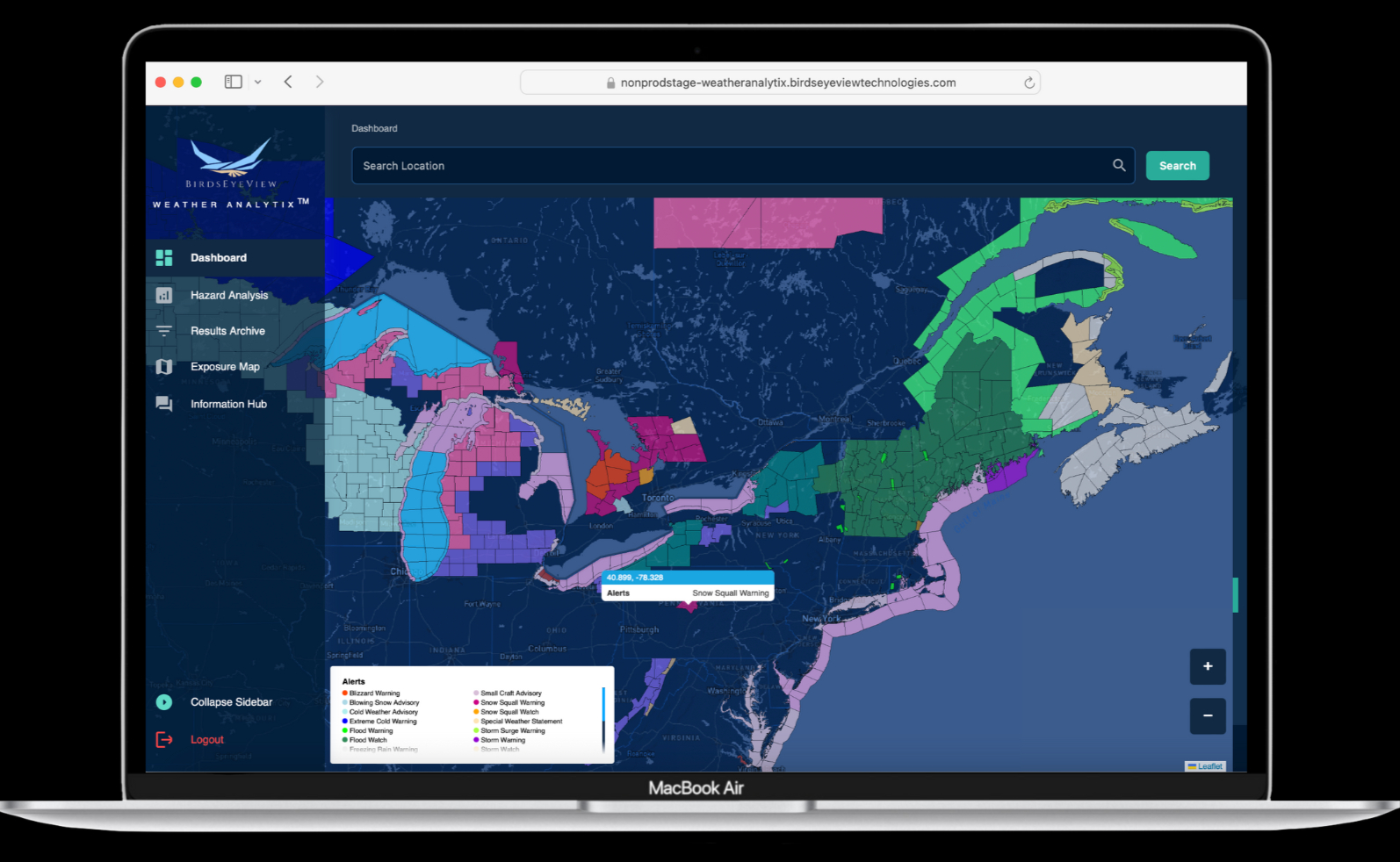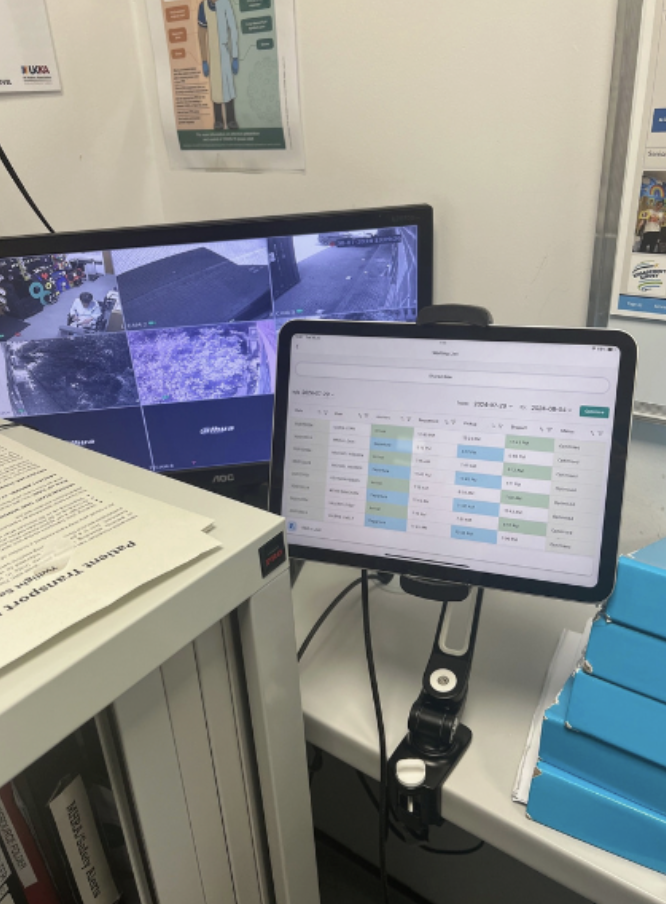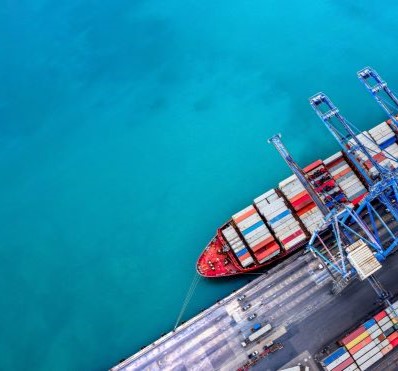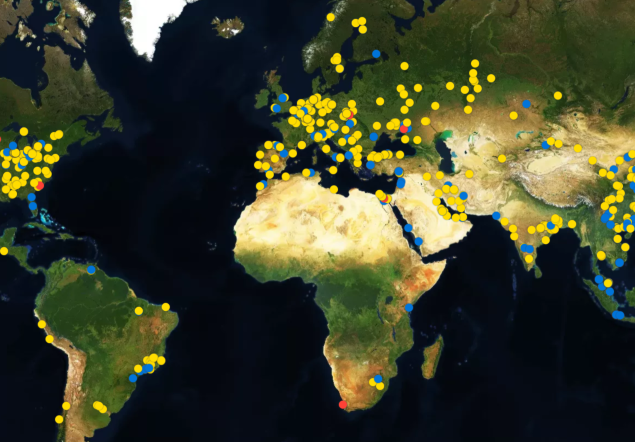Portable 3D imaging technology reaches key milestones
December, 3 / 2025
From Cornwall to Scotland - UK's role in space business takes centre stage
December, 12 / 2025
New service offers secure asset management from anywhere in the world
August, 15 / 2024



